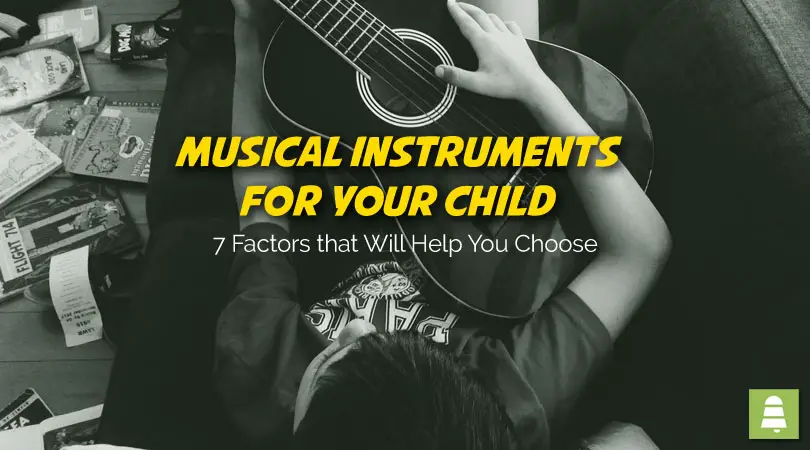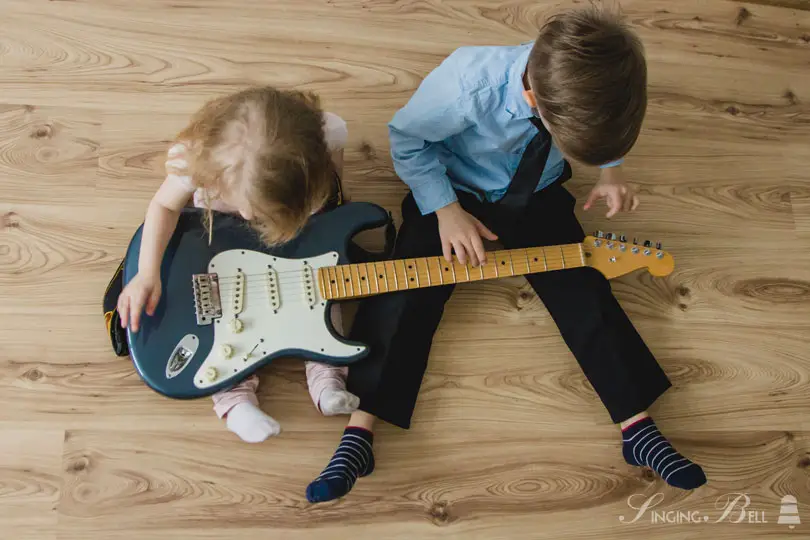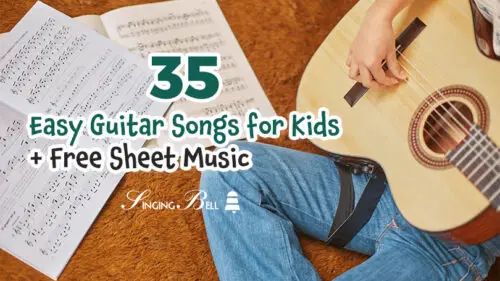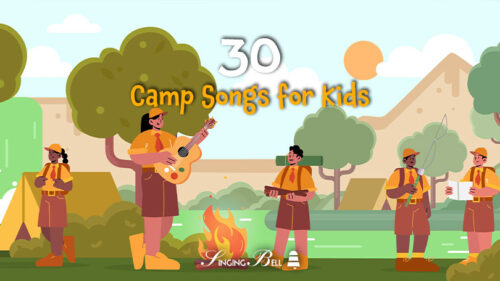The guitar? The piano? The drums? Perhaps the violin? Here are some tips on how to choose a musical instrument.


Musical instruments are amazing not only because they produce music that ministers to the soul, but also because they provide numerous benefits to your kids; including enhanced memory skills, self-expression, and improved coordination.
That’s why we want to share a few tips for selecting an appropriate musical instrument for your kid. Here are 7 factors that should probably affect your final decision:
Table of Contents
- Age is a very important factor to consider when it’s time to choose a musical instrument
- When it comes to carrying a cello, your physique does matter
- Music Instruments : There is no accounting for taste
- Inclination, yes, but also personality
- My ears said, I don’t like the way it sounds
- Is it hot on TikTok? Social Trends change our ways
- Sounds aside, budget may always be an issue
1.
Age is a very important factor to consider when it’s time to choose a musical instrument
Why is this the case? You would not select the same type and form of musical instrument for a toddler, preschooler, elementary school kid, and a high school kid. The toddler is yet to develop the aural, pitch, rhythmic, and coordination skills that the elementary or high school kid has. Therefore, if you have a toddler, you want to select instruments that develop such skills in him/her since he/she is fairly new to the world of musical instruments.
In light of this, you can choose any of the following instruments for better results: voice, handclaps, miniature guitars, and violins. Of course, you can select musical instruments for older kids based on other criteria, which we’ll discuss soon.
2.
When it comes to carrying a cello, your physique does matter
Another reason why age is very crucial to your selection is the physical disposition of your child. To the extent that age is correlated to the physical formation of a child, a kid of 5 years has relatively shorter arms than another of, say, 10 years. This means that the former may not be able to play, say, the sixth and seventh positions on a Bb Tenor Trombone.
Moreover, the latter’s ability to lift heavy musical instruments is generally better than the former’s. For example, a 10-year old kid can lift and play the tuba with much ease than his/her 6-year old counterpart. Better still, the 6-year old may not have developed strong lungs to blow the large amounts of air needed to make quality sound with the tuba.
3.
Music Instruments : There is no accounting for taste
Besides your child’s age, an equally important factor to consider when selecting a musical instrument for him/her is interest. You simply cannot run headlong into the market, buy a musical instrument and force your child to love it. In the same vein, you cannot buy a trumpet for a child who loves the clarinet.
Even if he/she comes to love the trumpet, that love is highly likely to be ephemeral. Moreover, unless your kid is a prodigy, chances are that he/she has no idea what her interests are, as far as musical instruments are concerned.
This presents an amazing opportunity for you to help your kid to build an enduring interest. And what better way to do this than by selecting an instrument that’s easy to play?! Instruments like the piano and the violin are pretty much introductory, and can set the foundation for your kid. As your kid grows older, he/she may decide to change instruments, which would be totally fine because he/she would have had an interest in musical instruments in general.
4.
Inclination, yes, but also personality
Some experts have asserted that the difference between kids who give up learning musical instruments and those who carry on isn’t that the former are not musically inclined; instead, their instruments were erroneously selected for them.
It can be inferred from this that the suitability of a musical instrument to a kid is very important. One test of suitability is whether or not the instrument in question fits your child’s personality.
Research conducted by Atarah Ben-Tovim and Douglas Boyd suggests that: the concert flute appeals to children who value solitude and privacy; clarinet, gregarious children who enjoy playing in an orchestra or something similar to it; saxophone, kids who love to create things on the go; oboe, kids who are introverts; tuba, boys who love to lead from behind; cello, diffident kids who don’t like excessive attention; and classical guitar, children who are acquisitive.
5.
My ears said, I don’t like the way it sounds
Musical sound and how it’s produced is another thing to be concerned about during your selection of your kid’s musical instrument. Woodwind instruments, such as the oboe, the bassoon, the euphonium, and the tuba, require air blown from the mouth to produce beautiful, mid-pitch sounds.
Percussion instruments, like the drums, the cymbals, the maracas, the xylophone, the drum kit, and the wood block, require varying levels of strikes to produce wonderful, heavy sounds – and string instruments, including the cello, the double bass, the viola, and the violin, need a coordinated pulling of strings to produce beautiful, thin sounds.
For instance, if your child hates the horn-like sound of trumpets as well as the work required to get air from his mouth into a mouthpiece, he/she most likely won’t enjoy playing trumpets. Therefore, we cannot stress enough the importance of choosing an instrument whose sound your kid not only enjoys, but also is willing to put in the work to generate.
6.
Is it hot on TikTok? Social Trends change our ways
The social image of the musical instrument you choose for your child will definitely play a role in his/her decision to stick to it. Call it peer pressure or whatever you will, but kids tend to be drawn to what’s in vogue. If your child’s friends talk about one particular musical instrument as a must-have or must-know-to-play, chances are that he/she would be interested in learning more about it. A downside to this is that the instrument in question might not be a good fit for your child.
However, there’s a good side, which is that you can take advantage of the situation to get him/her to develop an interest in the instrument in question and musical instruments in general.
7.
Sounds aside, budget may always be an issue
Last but not least are the financial implications of your choice.
Not only do you have to use money to buy the musical instrument of choice. You also have to make additional expenses in the areas of maintenance, accessories, lessons, and examinations. Such factors must be taken into account to ensure that your child gets the most out of your choice, and sustainably.
Did you like this post?
You may also like:
Why Music Education is Important : 12 + 1 Benefits
The Best Lullabies | 10 Bedtime Songs to Sing your Little One to Sleep
Why Should Parents Sing Nursery Rhymes to their Children?














